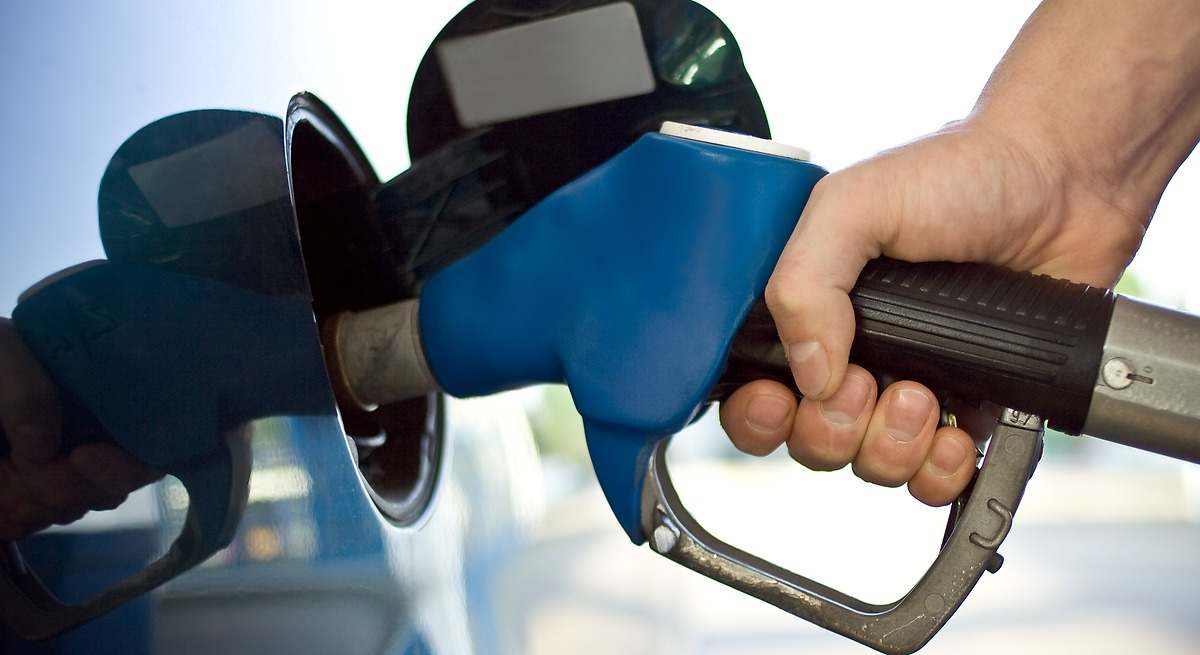
The struggle between service stations and oil companies is intensifying. The Oil Company Influenced Association, together with international litigation fund King Street, are preparing a class action to seek damages in what they call the ‘Oil Case’. This new judicial process they will face repsolMoeve (formerly Cepsa) and BP will join the campaign already raised by shippers to stabilize fuel prices.
According to sources consulted by elEconomista.es, the case, if won, will be divided 80% to the service stations and 20% to the fund financing this case. The measure was taken following a decision by the Supreme Court at the beginning of November, which would allow service stations to seek compensation for these anti-competitive practices, this newspaper reported.
In particular, the Civil Chamber of the Supreme Court of Appeals convened on November 6 and issued a decision declaring that the historical exclusive supply contracts signed by Repsol and Cepsa with their service stations were invalid on the grounds that they violated the Competition rules.
The Supreme Court brings into Spanish law the decision of the High Court of Justice of the European Union (CJEU) dated 23 April 2023, which recognized the prima facie value of the 2009 decision of the former National Competition Commission. In the decision, it was determined that oil companies were engaged in a prohibited practice of fixing public sales prices to the owners of their service stations through commission agreements.
This decision not only invalidates the contracts in question, but also opens the door to the recognition of gas station owners’ right to compensation for damages resulting from this illegal behavior.
burden of proof
As this newspaper has previously noted, the Supreme Court has changed its doctrine and established the reversal of the burden of proof in Competition Law cases, so from now on it should be the flagship company that must prove this, not the standard bearers. There are no anti-competitive practices.
Oil companies, on the other hand, state that they have adapted their contracts over time; This will exclude from any claims company purchase agreements and pure commission agreements referenced to the Platts stock index, without assuming any risk for the companies. stations.
Sources consulted by this newspaper assure that a million-dollar lawsuit could be filed; because even though the average annual sales of a standard service station are now 2 million litres, compared to an annual average of 4 million liters a few years ago, the number of contracts is huge. affected may be significant.
With its decisions, the Supreme Court establishes the violation of price fixing and its collusive effects on the market, establishing not only the right of gas station owners to receive compensation for the so-called volume effect, but also the right of consumers. and users will receive compensation to repair the damage caused.
The economic consequences of the prohibited practice are directed in two directions; on the one hand, the additional fee paid by consumers and users, and on the other hand, the volume effect affected by service stations. The sum of both concepts will result in approximately 10 cents per liter (6 cents for damages and 4 cents for late payment interest).
The legal battle fought by both sides is plagued with conflicting decisions.
According to Repsol, the General Assembly of the Civil Chamber of the Supreme Court annulled the compensation given by the second instance court to the supply point manager (HUSCO), who filed an annulment lawsuit against Repsol, on the grounds that there was no provision. Since there is compensable damage, the penalty has no economic consequences.
In this regard, the General Assembly of the Department justified the fact that the ban on fixing resale prices does not aim to protect the distributor as follows: “The purpose is to protect the market and to prevent possible secret agreements between suppliers by increasing the transparency of prices in the market, such as eliminating intra-brand price competition in the market.”
In this specific case Repsol was only able to prove the existence of a single shared discount realized by this supply point; Therefore, the Court is of the opinion that the indirect price fixing on which the plaintiff bases the invalidity of the contract has not been refuted. However, on November 7, the same General Assembly of the Civil Chamber of the Supreme Court of Appeals issued another decision rejecting the invalidity of the industrial lease and exclusive supply agreement in question.
In this case, the Court understands that the discounts applied by the service station manager show that the price stated as a maximum or recommended price does not in practice act as a fixed or minimum price. In addition, the Supreme Court, which determined the jurisprudence, sentenced the plaintiff to pay the expenses incurred by Repsol in this second decision.
Bp said, “We defend our position in this process. In this sense, we would like to state that the company is managed in accordance with the current legislation and market standards. As Bp, we strictly adhere to the rules. “Competition and compliance with it are inexcusable for the company and all employees.”
Moeve, consulted by this newspaper, did not want to comment.






